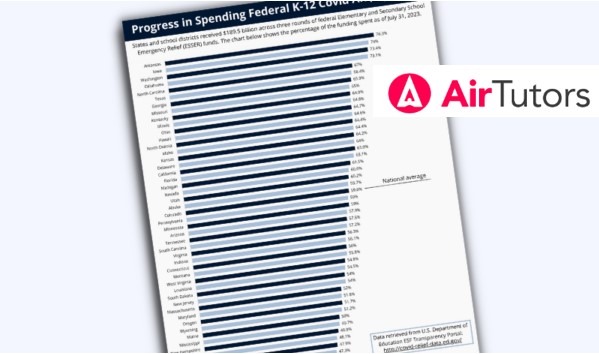If you don’t want to end up looking like the student in this posting’s picture, then starting off the semester with laser-focus and drive will allow you to score the easier points coming from the introductory material before the course kicks into high gear. As the course progresses, newer and more intricate material will be introduced that won’t be quite as easy to digest. Midway through the course, you will be challenged to think and integrate more and more concepts into your assignments and exams. Ultimately, you don’t want to be on the fence about your grade in the later parts of the course and wishing you had done a little better early on. Follow these tips to lock in those early points:
Just Getting Your Feet Wet – Dive Right In:
Even though the course may have just begun, and the material hasn’t picked up yet, it doesn’t mean that you can rest easy until the difficulty picks up. Make sure you dive head first into the material and engage in class discussion as much as possible from the start. Often times the lack of difficulty will make students think, “I’ve got this.” This is where they will most likely be caught off guard by some of the curveballs that, while not extremely difficult detect, could end up dragging their scores down initially. Don’t let this happen to you otherwise, you’ll be sacrificing some of the easier points in the course.
Studying Habits – Structure and Discipline:
Don’t think of studying as something you have to do in large chunks. Studying little bits throughout your day, but more consistently, is better than having huge chunks of studying that occur more infrequently. Most people begin to lose their attention after about 30-45 minutes, which is startling considering how long the average class is. This is probably why we need to go home and study in the first place…we just couldn’t absorb it the first time. Instead of spending hours and hours at the end of your day after school, try spending some of your break time on campus to study bits and pieces of the material, then finish what’s left at home. Don’t forget to keep doing this daily. You will find that your overall stress will be reduced and you won’t feel burnt out at the end of the day.
Communication – It’s Still Key:
If you aren’t understanding a concept, or just can’t seem to find a way to put it all together in terms of the bigger picture, don’t stay silent. You’d be surprised how many students say that they understand concepts when they actually don’t out of fear or embarrassment. It’s okay to struggle, and part of growing up and learning is how to communicate that you need help. Teachers generally enjoy helping students, but if you’re worried about disrupting the flow, or are too shy, then meet with them after class. At the very least you can collaborate with your classmates, as this is another form of learning. You’ll gain friends along the way! Find a way to introduce yourself to your fellow classmates early on instead of waiting until you need the help. This can come off looking like you are not genuine in your desire to get to know them.
Outside Assistance – The Power of Tutoring:
Hiring a tutor can make all the difference when it comes easing the burden of taking on new information in high volume. It’s just not possible for teachers to truly give what tutors can achieve one-on-one. Make sure to meet with a tutor regularly for challenging courses, not only when you are already struggling. The same reasoning applies here as with earning those easy points early on in the semester. Consistently meeting with your tutor helps ensure that you really are grasping the concepts by having a “second line of defense.” The tutor basically tests you before each and every exam, allowing you to see your strengths and weaknesses to formulate proper study regimens.



